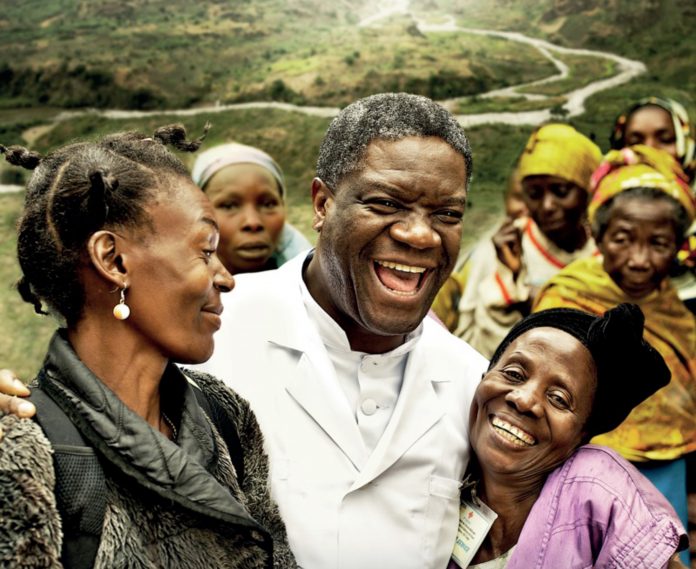The African Diaspora International Film Festival (ADIFF)’s 23rd season is under way in New York City with new and innovative features to present yet again the “human experience of people of color all over the world.”
With a total of 57 films from 27 countries, including a world premiere, nine U.S. premieres, and 16 New York premieres, ADIFF NY 2015 not only is rich in topics and themes, but also is more independent than before, organizers of the festival say. The festival is being hosted through December 13 at Bow Tie Chelsea Cinemas; Teachers College, Columbia University; and MIST Harlem.
“This year we’ve done some things we never did before. We are doing what we call ‘encores,’ films that we have shown or that had a very short theatrical release, or shows that people have been talking so much about that we thought we should bring them back,” Diarah N’Daw-Spech, the festival’s co-founder, said in an exclusive conversation with The Network Journal and its AfricaStrictlyBusiness.com affiliate in a telephone conversation. “And we are adding new venues. This is the first time the festival is in Chelsea.”
The “Encores” lineup includes Shelter, starring Anthony Mackie and Jennifer Connelly and directed by Paul Bettany; Tango Negro: The African Roots of Tango, directed by Dom Pedro; The Pirogue, by Drissa Touré; Sand Dollar, the Dominican Republic’s submission to the Oscars in the Foreign Language category, directed by Israel Cárdenas and Laura Amelia Guzmán; and Black Panthers: Vanguard Of The Revolution, Oscar contender in the Best Documentary Feature category, directed by Stanley Nelson.
Born in France of Malian descent, N’Daw-Spech co-founded the festival with her husband, Reinaldo Barroso-Spech, Ph.D., who was born in Cuba of Haitian and Jamaican descent. They launched the festival in November 1993 and maintain ownership through African Diaspora Film Festival Inc., a non-profit corporation. This year’s rendition also differs from previous years in its strong Asian connection.
“We’re showing films that have a connection with China, Japan, North Korea, and Bangladesh,” N’Daw-Spech said.
There’s Japanese filmmaker Shinichi Takahashi’s Cu-Bop: New York Music Documentary that explores the African roots of Cuban jazz and documents the experience of a New York-based Cuban pianist who returns to Cuba to play with the country’s leading saxophonist; Big Bang in Pyongyang, a British documentary that follows former NBA basket star Dennis Rodman from the inception of his mission to improve U.S.-North Korea relations by staging a basketball game between the two countries in the North Korean capital, through his challenges, the game, and the backlash against him; China Remix, a short film that looks at the music industry in China in Guangzhou, where African music is hot; and A Journey of Thousand Miles: Peacekeepers, a documentary about Bangladeshi Muslim policewomen sent to Haiti as peacekeepers for the United Nations.
“A Journey of A Thousand Miles had its world premiere in Toronto a few months ago and were lucky to be able to bring it,” N’Daw-Spech said. “ADIFF has managed to increase the presence of independent Afro-centric films from all over the world in the general American specialty movie scene.”
Also noteworthy this year are the 21 films directed by women, including Dana Rotberg’s White Lies, New Zealand’s entry in the 2014 Oscar competition for best foreign-language film; and The Man Who Mends Women, The Wrath of Hippocrates by Thierry Michel, which recounts the story of Denis Mukwege (pictured above), a physician who has dedicated his life to assisting women subjected to rape in his native Democratic Republic of Congo.
For more information about the 23rd annual New York ADIFF, including the complete lineup, screening schedule and venues, go to the festival’s website at www.nyadiff.org.













